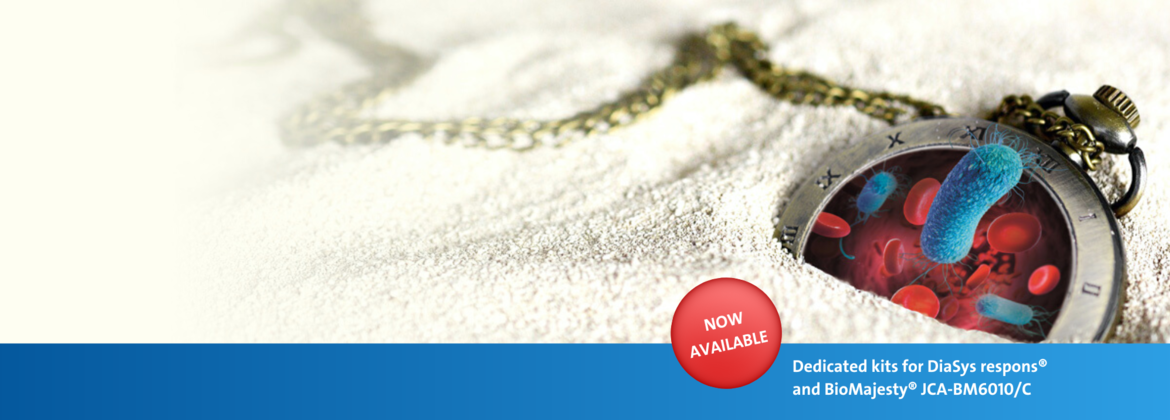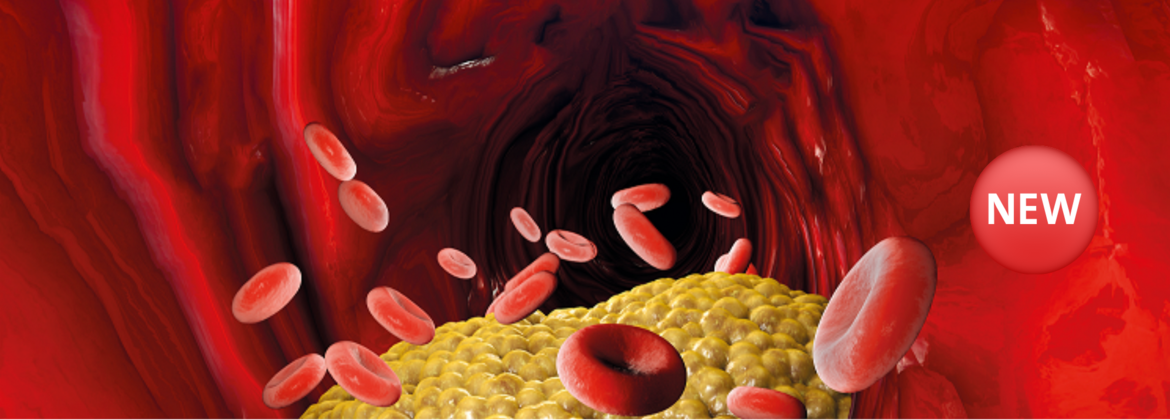ß-hydroxybutyrate is the major ketone body and a side product of fatty acid metabolism. In healthy individuals the energy demand of cells is covered by glucose metabolism, but under certain circumstances as fasting or diabetes cells turn to use fat as energy supplier. For diabetics this switch can lead to a severe and life-threatening complication called diabetic ketoacidosis (DKA). Here, the measurement of ß-hydroxybutyrate is a useful and reliable method to detect DKA immediately and enables intensive care treatment. Especially if sodium-glucose co-transporter 2 (SGLT2) inhibitors are used as add-on therapy the risk of developing a DKA is increased tremendously?[1, 2]
Ketone bodies in the treatment of cancer
It was observed that tumor cells have an increased need of glucose. This led to the idea that decreased glucose availability might result in a reduction of tumor growth. This can easily be achieved by a low-carbohydrate ketogenic diet (KD) where ketone bodies especially ß-hydroxybutyrate serve as major energy suppliers. Preclinical data revealed that KD and caloric restriction showed anti-tumor effects, can inhibit tumor growth and increase tumor’s response to therapy in various cancers, especially brain tumors[3, 4].
Moreover it was demonstrated that ß-hydroxybutyrate itself has several anti-tumor properties:
Inhibition of HDAC enzymes[5]
ß-hydroxybutyrate inhibits the enzyme HDAC which suppresses translation of tumor suppressor genes. Thereby tumor suppressor genes can be translated again and unfold their tumor growth retarding effect.
Elevation of sensitivity towards chemotherapy and radiotherapy[3]
Studies with glioblastoma revealed that ß-hydroxybutyrate increases the sensitivity towards low dose radiation and potentiates efficacy of special chemotherapeutic agents. These findings suggest that ketone supplement may be an effective less stringent alternative to a ketogenic diet. Nevertheless, additional studies are needed to support this approach.
1. Euglycemic diabetic ketoacidosis induced by SGLT2 inhibitors: possible mechanism and contributing factors; Wataru Ogawa*, Kazuhiko Sakaguchi;J Diabetes Investig Vol. 7 No. 2 March 2016, Doi: 10.1111/jdi.12401
2. Sodium-glucose co-transporter 2 (SGLT2) inhibitors as add-on therapy to insulin for type 1 diabetes mellitus: Systematic review and meta-analysis of randomized controlled trials. Yamada T1, Shojima N1, Noma H2, Yamauchi T1, Kadowaki T1 Diabetes Obes Metab. 2018 Feb 16. doi: 10.1111/dom.13260
3. Hydroxybutyrate: Novel Approaches to Adjuvant Brain Tumor Therapy; Woolf, EC; Seyd, N.; Scheck, AC; Front Mol Neurosci;Nov. 2016, 9: 122.
4. Role of ketogenic metabolic therapy in malignant glioma: A systematic review. Winter SF1, Loebel F2, Dietrich J3: Crit Rev Oncol Hematol. 2017 Apr;112:41-58.
5. Suppression of Oxidative Stress by β-Hydroxybutyrate, an Endogenous Histone Deacetylase Inhibitor. Shimazu T et al. (2013):Science; 339(6116): 211–214.





